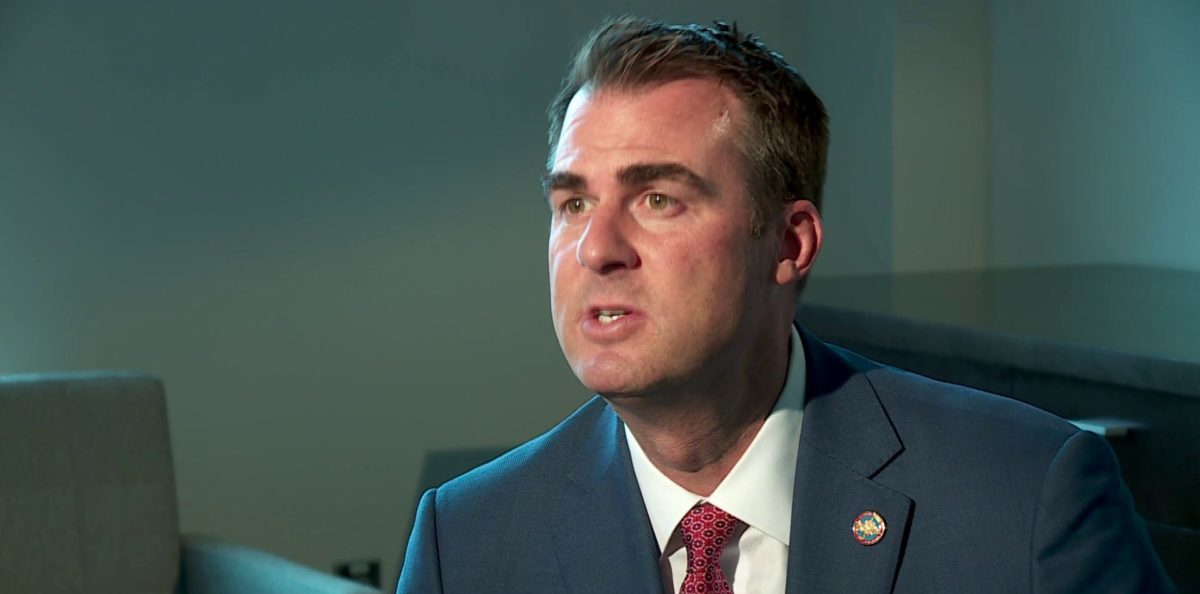Another chapter has emerged in the ongoing battle between tribal nations and Oklahoma Governor Kevin Stitt. The drama goes back to when Stitt was elected to his first term as Oklahoma Governor.
Stitt immediately sought to change or alter the gaming compacts that the state currently has with the tribal nations. The initial compact expired on December 31, 2019, and the debate really ramped up after that date.
Still argues that the Oklahoma legislature should be allowed to negotiate new compacts with the tribes, while tribal nations contend that the original compacts should carry over into 2020. The main point of this debate is the amount of tax revenue that the state is set to generate as a part of these compacts.
The three most powerful tribes in Oklahoma sued Stitt on January 1, and they were joined in the lawsuit by more than 30 other tribes. The Choctaw Nation, Cherokee, and Chickasaw tribes were the main ones that started the suit. It is interesting to note that Stitt is a member of the Cherokee tribe.
A federal judge ordered that the lawsuit enter mediation, and that was supposed to take place before March 31. The coronavirus pandemic has delayed the process, and the battle has increased over the last few weeks.
On Monday, Stitt stated that he believes that the state should enter into a compact with each individual tribe, rather than having one general compact for every tribal nation. That would allow both sides to negotiate terms, but the tribal nations are not expected to accept this offer.
Stitt and the state of Oklahoma have reached an agreement with a pair of tribes in the state, and he included sports betting as a part of that offer. The same offer was made to each tribe that is included in this lawsuit, but they quickly shot down the proposal.
Power Dispute
Lawmakers and tribal leaders have both expressed that Stitt does not have the power to offer sports betting to the casinos. A new law would need to be created by the legislature, and the industry would have to be regulated.
Tribes have been paying the state between four and six percent of their revenue during the previous compacts. Tribal casinos also share 10 percent of gross gaming revenue that is generated from table games.
Stitt has argued that casinos should share at least 25 percent of their revenue with the state, which is a massive increase. Tribal nations appear ready to accept a small increase, but they are not going to accept a jump that large.
The governor has now changed his stance a little bit, stating that revenue sharing should depend on the amount of business and the location of each casino. Casinos that are located along major highways or near the border of Texas should share more money with the state.
The Choctaw, Cherokee, and Chickasaw Tribes would be the main tribes affected by his most recent announcement. Most view this effort from Stitt as a way to get some of the smaller tribes to drop the lawsuit and enter into a new compact with the state.
The state of Oklahoma is in desperate need of an increase of revenue as the state is staring at a deficit of over $1.4 billion over the next few years. States have used gaming revenue as a way to fix budget issues, and Oklahoma is hoping to do the same thing.
Oklahoma did receive close to $140 million from the casinos in 2019, but almost 90 percent of that money goes to public education. The State’s General Fund receives almost all of the rest of the money.




